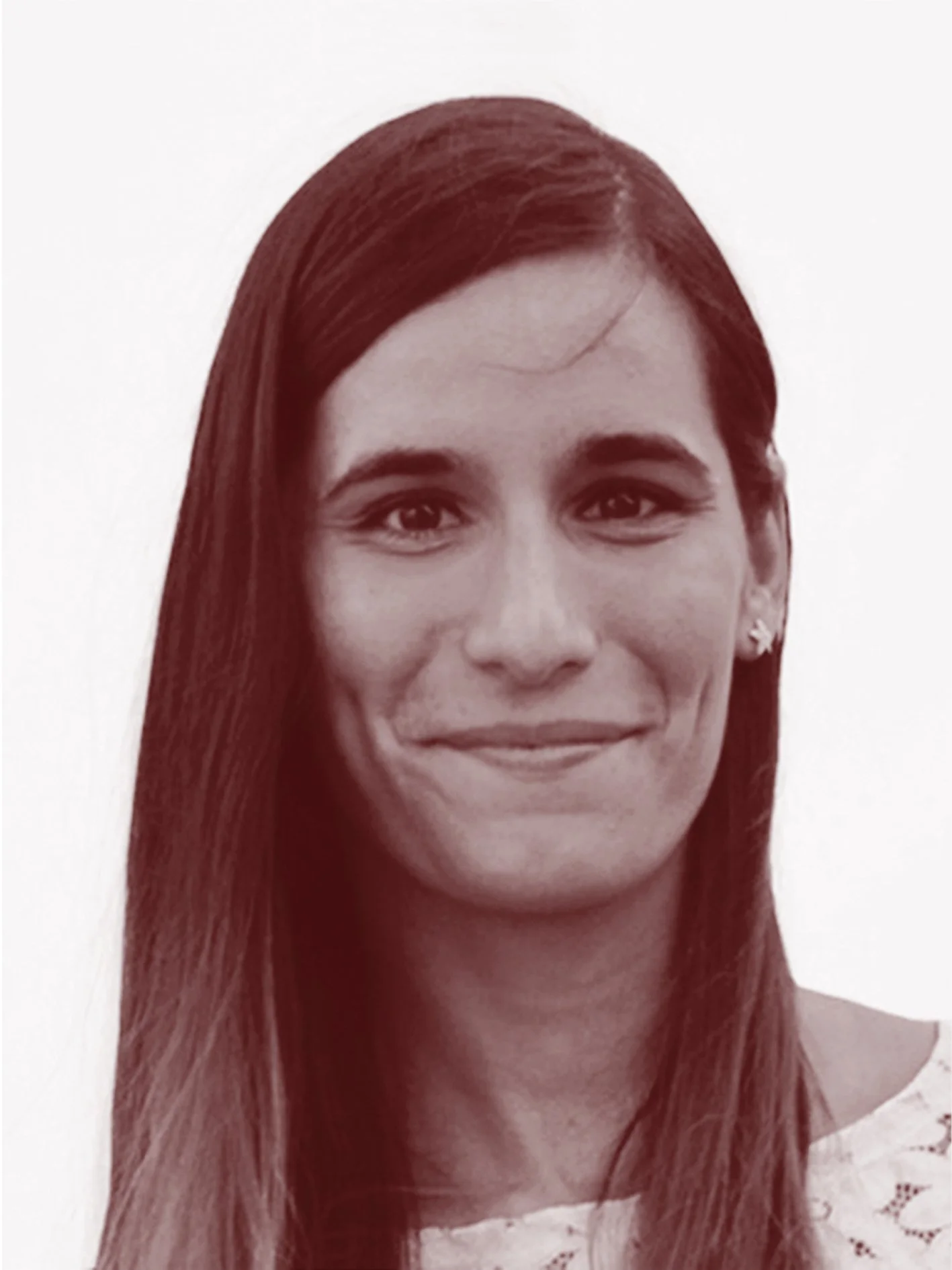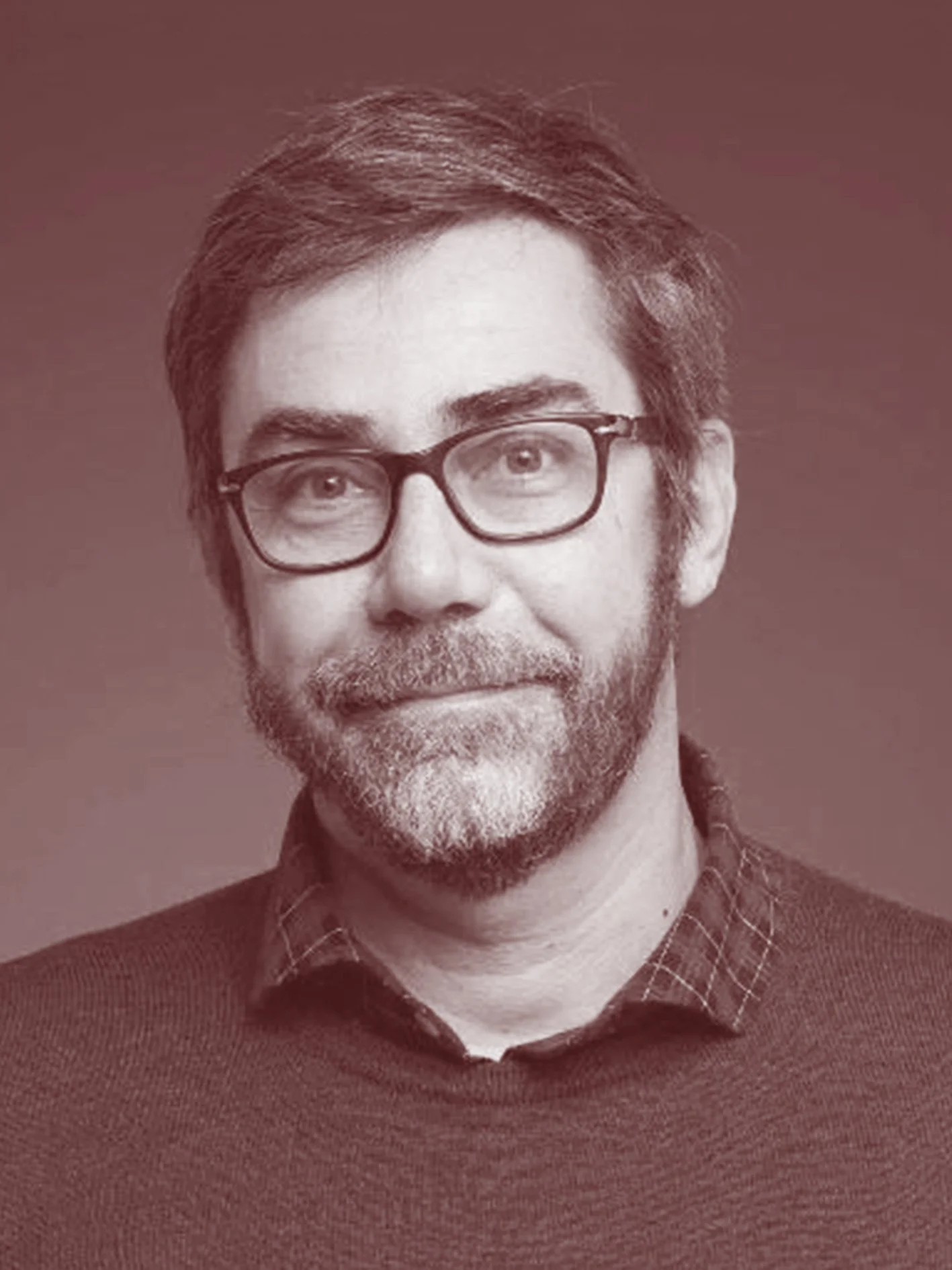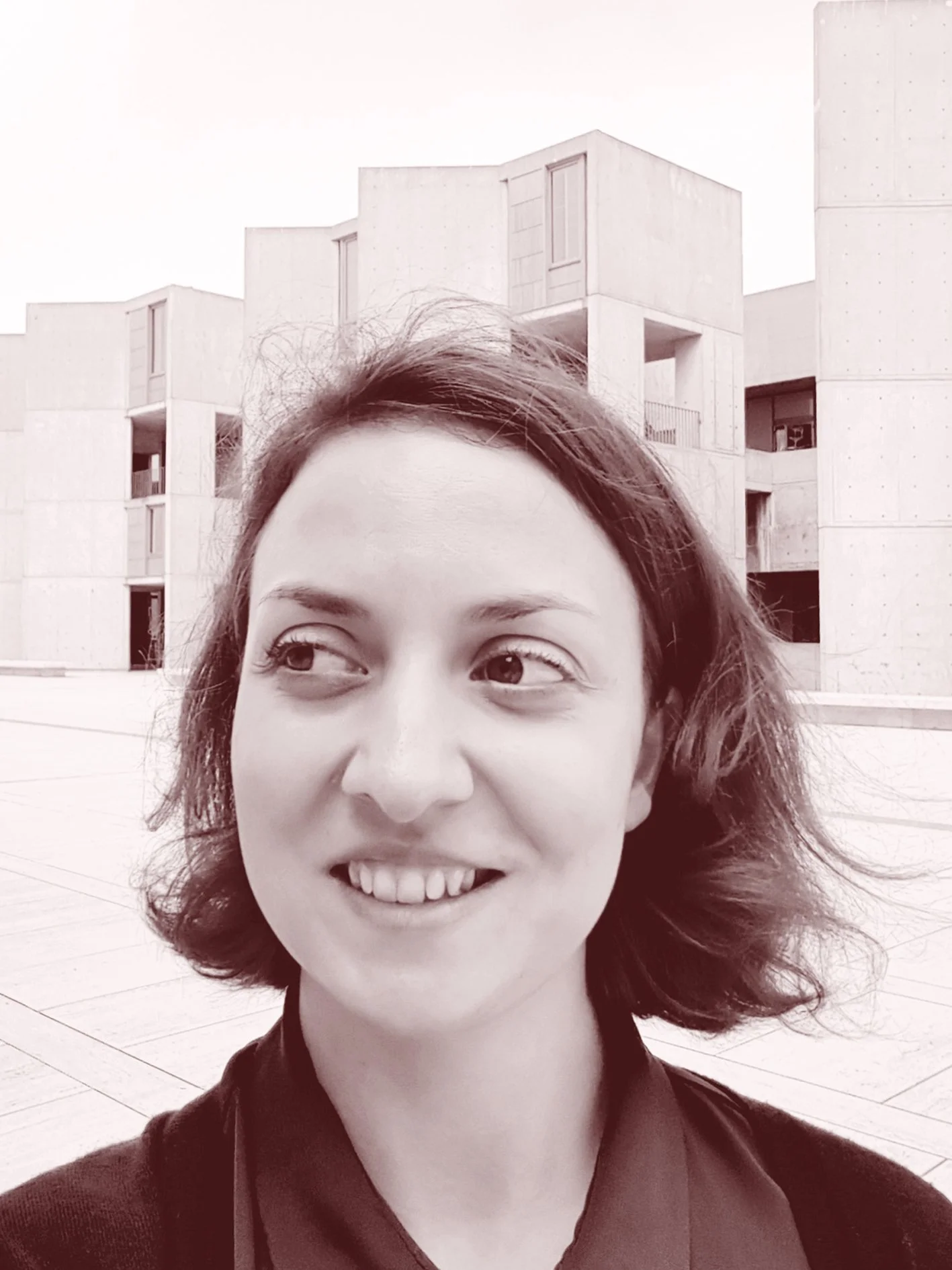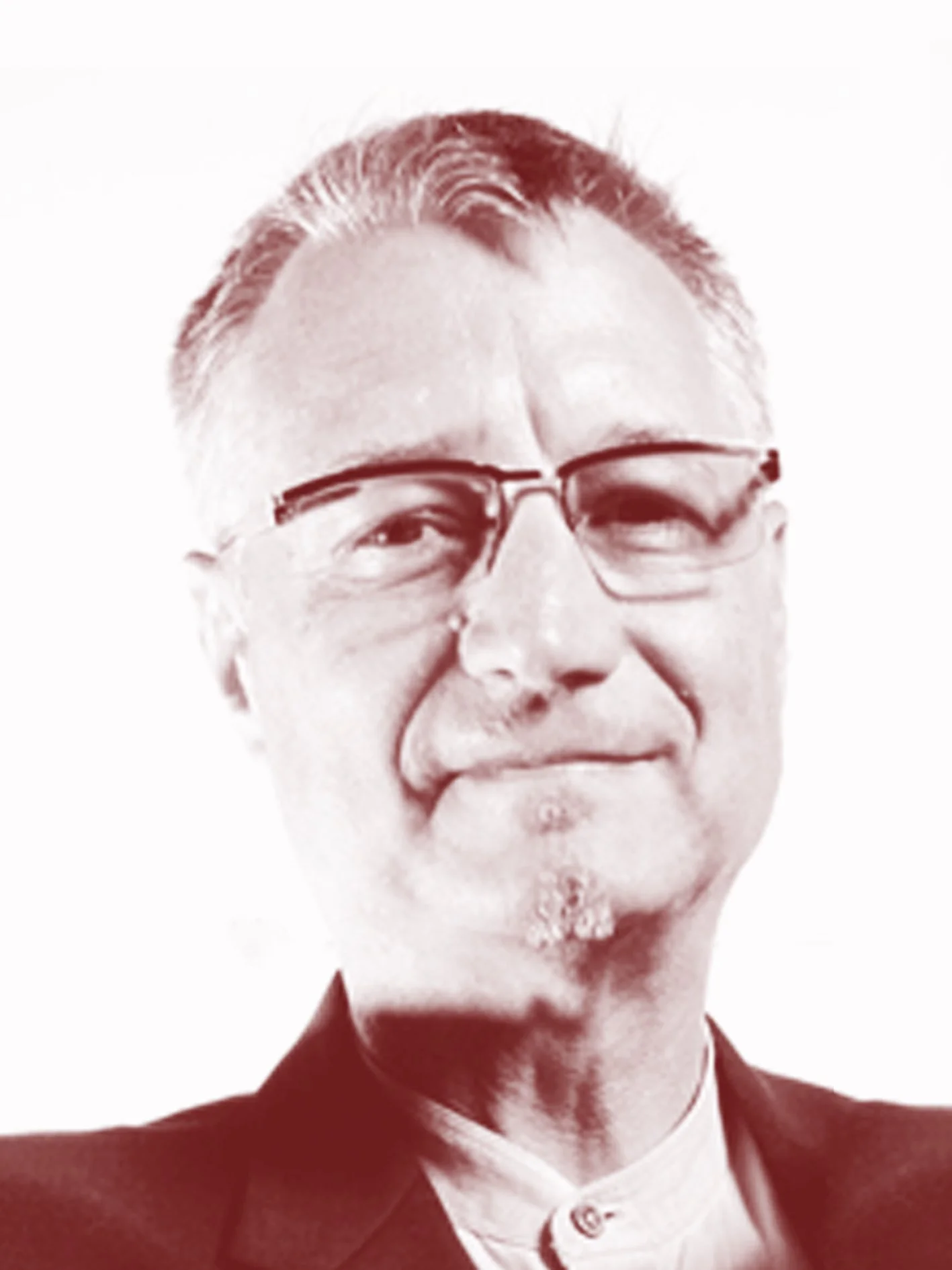The project
RESONANCES is the acronym of the project ‘Architectural atmospheRES: the emotiONal impact of ambiANCES measured through conscious, bodily, and neural responses.’
RESONANCES explores the interdisciplinary domain of architecture and cognitive neuroscience, testing both theoretical hypotheses and experimental investigations, collaborating with architects and scientists.
RESONANCES is funded by the European Union’s Horizon 2020 research and innovation program under the Marie Skłodowska-Curie grant agreement no. 101025132.
RESONANCES is a three-year research project, starting in mid-2021 and ending in 2024.
RESONANCES adheres to the Marie Skłodowska-Curie Actions Individual Fellowships (MSCA IF) 2020 Program. As a Global-type Fellowship (GF), RESONANCES promotes the mobility of the researcher outside Europe.
RESONANCES is coordinated by the University of Genoa (UniGe).
RESONANCES builds a network between three partner organizations:
— Overview
For human beings, spatial experiences are conditioned by architecture.
How we perceive our built surroundings affects our psychophysical wellbeing, feelings, and behavior.
This argument is not a new one. However, we have yet to objectively consolidate evidence in this regard. Recently, architecture has started to interact with cognitive neuroscience. Driven by technological progress and informed by other disciplines (such as environmental psychology), their synergy can foster the evolution of the study of how people perceive the totality of sensory properties that constitute a room. The manipulation of ambient conditions is presumed to impact our emotions.
The emotional potential radiated by the built environment composes that which we commonly call atmosphere. The hypothesis is that architectural atmospheres define a state of resonance and identification (emotive and cognitive) between an individual and their built surroundings.
This embodiment-based perspective allows us to design quantitative, reproducible methods to analyze atmospheres. The project aims to investigate the effects of architectural atmospheres on our emotional responses that underlie behavioral intentions and feelings, testing an interdisciplinary, evidence-based approach.
Physiological recordings and measurements of neural activation integrate psychological self-reports that describe the consciously perceived experience. The value of this proposal lies in the opportunity to assess—through neuroscientific criteria and methodology—the existence of a neurobiological basis of atmospheric perception that would explain the link between specific visual atmospheric stimuli and altered emotional states.
The planned experiments will address the current lack of empirical data and test new experimental paradigms, such as the use of virtual reality and electroencephalography technology, in order to formalize an architectural theory concerning atmospheric perception.
Performing a series of experiments, we will investigate emotional responses to architectural atmospheric qualities.
— Constellation
The RESONANCES project sets up a new interdisciplinary research group, consisting of experts with diverse competencies and originating from different fields of science:
Architectural design
Environmental psychology
Behavioral psychology
Cognitive neuroscience
Virtual reality technology.
Elisabetta Canepa
MSCA researcher
MS.Eng., Ph.D.
Elisabetta Canepa is an architect and researcher from Genoa, Italy. She is currently an EU Marie Curie Postdoctoral Fellow, winner of the 2020 call. Her research activity focuses on the hybrid connection between architecture and cognitive neuroscience, analyzing topics such as atmospheric dynamics, the emotional nature of the architectural experience, embodiment theory, the empathic phenomenon between humans and space, and experimentation in virtual reality. Her Ph.D. project about the emotional correlates of architectural atmospheres was awarded at the Salk Institute for Biological Studies (La Jolla, California) in September 2018 during the ANFA Conference Poster Competition.
Elisabetta is a member of the Academy of Neuroscience for Architecture (ANFA) and the ANFA Center of Education (ACE), two scientific associations based in San Diego, California. She is a faculty member in the Neuroscience Applied to Architectural Design (NAAD) Master’s Program at the Iuav University of Venice. She is also an associate member of the international research network Atmospheric Spaces, directed by Tonino Griffero (Tor Vergata University of Rome, Italy).
@ elisabetta.canepa@edu.unige.it
Valter Scelsi
MSCA principal supervisor
M.Arch., Assoc. Prof.
Valter Scelsi is an architect and researcher from Genoa, Italy. He teaches as Associate Professor in Architectural and Urban Composition at the Polytechnic School of Genoa and has lectured at many schools in Italy and abroad. Since 2017 he is a member of the Doctoral Program Board at the Department of Architecture and Design (dAD) at the University of Genoa.
From 2001 to 2011 his activity was linked to Sp10, the architecture office he co-founded.
In 2003 he shared in founding Magazzino Sanguineti. Until 2010 the Magazzino Sanguineti group worked on a research program on the topic of contemporary culture conducted by Edoardo Sanguineti. In 2020 he becomes a member of the Scientific Committee of the Edoardo Sanguineti Research Centre, founded at the Humanities Department of the University of Turin.
In 2012 and 2014 he was invited to attend the Venice Biennale of Architecture. From 2013 to 2016 he was a member of a theme-based commission for the ADI/Compasso d'Oro Prize.
He was curator of the exhibition Super Superstudio: Radical art and architecture, at PAC / Padiglione d’Arte Contemporanea (Milan: October 2015 — January 2016).
Author of essays and critical writings on architecture, he conceived the series Testi di Architettura, published by Sagep, and edited the blog A List of Analogies.
@ valter.scelsi@unige.it
Andrea Jelić
MSCA co-supervisor (secondment phase)
M.Arch., Ph.D., Asst. Prof.
Andrea Jelić is an architect and researcher dedicated to understanding how the built environment affects people’s bodily and emotional experiences through the lenses of enactive-embodied cognitive science and phenomenology. This research is situated in the context of social sustainability and human-centered design as geared towards developing life-enhancing built environments, encompassing the physical, mental, and social dimensions of people’s health and well-being.
Dr. Jelić is an Assistant Professor in Social Sustainability within Architecture at Aalborg University, Denmark. She is a member of Brain, Body, Architecture Research (BBAR) Lab and CREATE Integrated Architecture research group at Aalborg University. Dr. Jelić is an Advisory Council member of the Academy of Neuroscience for Architecture (ANFA), based in San Diego, California. She is a faculty member in the Neuroscience Applied to Architectural Design (NAAD) Master’s Program at the Iuav University of Venice. She holds a Ph.D. in Architecture from Sapienza University of Rome.
Her research interests and projects have the notions of embodiment and experience at their core and include, among others: 1. investigating the relationship between body, stress, language, and spatial experience (supported by post-doc fellowship from Aalborg University); 2. exploring how the built environment can provide opportunities for children’s play and playful learning through co-creation and research-based design for child-friendly environments (project funded by Capital of Children Playful Minds, Billund, Denmark); 3. examining the links between affordances, affective atmospheres, and meaning-making in architecture, which inspired the international colloquium Architectural Heritage: Affordances, Affect, Politics at TU Delft in October 2019 (supported with a grant from International Ambiances Network); 4. exploring the pedagogical tools for introducing social sustainability into architecture education through the focus on user perspectives and empathy thinking in design.
Dr. Jelić has published articles in this emerging interdisciplinary field in both architectural and scientific journals, and guest lectured at international conferences and workshops in the USA and Europe. Recently, she has co-edited a special issue of Ambiances journal titled ‘Phenomenographies: Describing urban and architectural atmospheres’ (2019) and is co-editing a forthcoming special issue ‘Embodiment and Meaning-making: Interdisciplinary Perspectives on Architectural Heritage’ in The Journal of Architecture (2022).
@ anje@create.aau.dk
*
BC
Bob Condia
MSCA co-supervisor (outgoing phase)
M.Arch., Prof., FAIA
Bob Condia is a Professor of Architecture at the College of Architecture, Planning and Design (APDesign) at Kansas State University and the design partner at Condia+Ornelas Architects (Manhattan, Kansas, USA). The 2017–2020 Regnier Chair of Architecture at Kansas State, he teaches design as art with due considerations to: the biology of perception; the real; the ancient megaliths of man; and, the sensible poetics of an architectural experience. He has been a studio critic for more than thirty years in architecture and interior design. Bob Condia is a 2017 DesignIntelligence Most Admired Educator and won APDesign’s Wayne McElwee Faculty Teaching Award, in 2017.
Prof. Condia’s place in a neuroscience for architecture debate is as an architect and studio critic seeking the consequences of the applied science for architects. In order to succeed in this an architect needs to learn something of the vocabulary and methods of a scientist. He currently teaches a thesis studio emphasizing building design, embodiment, and affordances. In an effort to discover a shared glossary of spatial perception between scientists and architects, are his continuing experiments on vision and perception of urban environments with Dr. Colin Ellard (University of Waterloo, Ontario, Canada). Other recent work explores the biological basis of aesthetic experience, and the craft of teaching architects to teach.
Prof. Condia earned his Master in Architecture and Building Design at Columbia University (1983) and a Bachelor of Architecture at California Polytechnic State University (1980).
@ condia@k-state.edu
Anna Fassio
MSCA neuroscience advisor
Ph.D., Assoc. Prof.
Anna Fassio is an Associate Professor in Physiology at the School of Medicine, University of Genoa, since 2017. She is an external collaborator at the Italian Institute of Technology (IIT) and affiliate researcher at the IRCCS Polyclinic Hospital San Martino (Genoa, Italy).
The main subject of investigation of Anna Fassio has been the molecular mechanisms of information transfer among neurons and the identification of pathogenic mechanisms for neurodevelopmental diseases. She began working in the field during her Ph.D. in Neuropharmacology when she acquired expertise in brain preparation for the study of neurotransmission. She completed her studies as a Visiting Fellow at the Babraham Institute (Cambridge, UK), where she acquired expertise in morphological and ultrastructural analysis. She did her first Postdoc in Molecular Immunology at the San Raffaele Institute (Milan, Italy), where she acquired further expertise in cell biology and molecular biology. She did her second Postdoc in Neurophysiology at the University of Genoa, where she obtained a permanent position in 2005.
Her main contributions to the field of Neurophysiology were: 1. the elucidation of the functional role of Synapsins in the regulation of synaptic vesicle cycling; 2. the description and characterization of pathogenic SYN1 mutations leading to epilepsy and autism; 3. the first description and characterization of pathogenic TBC1D24 mutations and further work on the role of TBC1D24 in membrane trafficking in developing and mature neurons; 4. identification of novel genes causative for epileptic encephalopathies affecting lysosomal homeostasis and autophagy.
Anna Fassio obtained national and international grants as principal investigator (including Research Projects of National Interest – PRIN, Fondazione San Paolo, MOH, Fondazione Mariani, and Jérôme Lejeune Foundation). She was responsible for a work package in the DESIRE project funded by the European Commission under the Seventh Framework Program (PF7).
@ afassio@unige.it
Laura Avanzino
MSCA neuroscience advisor
M.D., Ph.D., Assoc. Prof.
Laura Avanzino is an Associate Professor of Human Physiology at the Department of Experimental Medicine (DIMES), University of Genoa. She is currently the Director of the Fresco Center for Parkinson’s Disease and Movement Disorders at the IRCCS Policlinic Hospital San Martino (Genoa, Italy). She carries out her research activity at the Applied Neurophysiology Laboratory for Movement Disorders.
The main subjects of her investigation are brain plasticity mechanisms and motor learning in healthy controls and patients with movement disorders using instrumented behavioral assessment (analysis of kinematic parameters and gait analysis) and non-invasive neurophysiological techniques (transcranial magnetic stimulation and transcranial direct and alternating current stimulation, HD EEG). Major interests of her research have been the following: 1. neurophysiological basis of novel rehabilitation approach in Parkinson’s disease (motor-cognitive combined approach, action observation, and motor imagery); 2. the influence of cognition and emotion on motor behavior in healthy and in patients affected by movement disorders; 3. pathophysiology of dystonia as a network disorder.
@ laura.avanzino@unige.it
Luca Andrighetto
MSCA psychology advisor
Ph.D., Assoc. Prof.
Luca Andrighetto received his Ph.D. in Social Psychology from the University of Padua (Italy) in 2008, and he was then a Postdoctoral Research Fellow at the University of Milano-Bicocca (Milan, Italy). He was a visiting scholar at prestigious universities during his academic career, including Yale University (Fall Semester 2007) and Tel-Aviv University (Spring Semester 2011). Currently, he is an Associate Professor at the University of Genoa. He is the Director of the Social and Language Psychology Laboratory, and since 2018 he is coordinating the Ph.D. Course in Social Sciences at the University of Genoa.
Since his Ph.D., his main research interest centers around attributions of humanness. In particular, he analyzed the consequences and processes underlying dehumanization, the tendency to see others — individuals or whole groups — as less than human. In this regard, in the last years, he focused on objectification within the work domain. The findings of his research on this topic have had a relevant impact on social psychology and are becoming a landmark for scholars exploring economic objectification. Currently and thanks to a recent funding boost, he is investigating the cognitive roots of anthropomorphism — the tendency to ‘see’ non-human agents as human beings —, by specifically focusing on social robots.
@ luca.andrighetto@unige.it

















